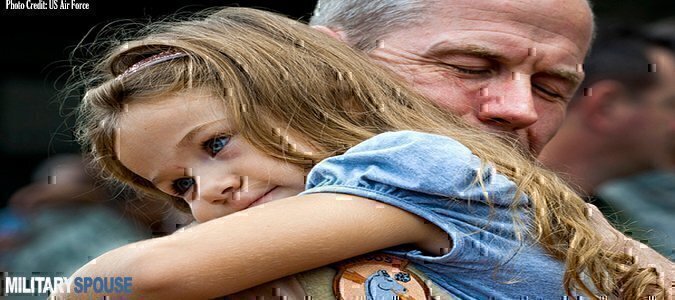Over the last couple of years, Post Traumatic Stress Disorder (PTSD) and Traumatic Brain Injury (TBI) have come to the forefront of conversations within the military. It took some work, but the military, each branch, found a way to fight the stigma associated with seeking help after deployments. It may not be gone forever; there are still men and women too embarrassed, afraid or ashamed to seek help, but there has certainly been a change in the way the masses perceive PTSD and TBI.
Great programs, like the Wounded Warrior Project and Wounded Warrior Regiment have also helped service members rebuild their own confidence as they learn to rebuild their lifestyles after a combat injury. Rush University Medical Center in Chicago is another organization committed to serving veterans and their families after deployments. Dr. Mark Pollack, MD, is the Road Home Program Director and described his need to help vets returning from war in his mission statement. “We want to make sure that veterans and their families receive the kind of care that they need and have so dearly earned and get connected to resources that they can use to take control of their health, jobs, and social and family lives.”
Helping adults is one thing…but discussing physical and emotional changes with children is quite another. Consider how a service member faces his or her children for the first time after a terrible accident with facial injuries or missing limbs. How does a parent explain to young children, or even teenagers what happened to him or her and why? The National Child Traumatic Stress Network encourages parents and educators to talk to children in a vocabulary they can understand about the changes in physical and mental aspects of the service member. And Sesame Street provides a wonderfully educational DVD for free to military families. It shows a character’s father coming home from deployment with an injury and follows her as she experiences different emotions, but ultimately realizes her dad is still the same loving, fun person he was before the deployment. “Families dealing with injury find ways to heal together. Rosita [one of the characters in the DVD] struggles to accept her father’s new wheelchair, saying what many children do, “I just wish things could go back to the way they were.” She soon realizes she’s not alone. In a primetime television special, children visit Sesame Street to share how they’re coping with their parent’s amputation or invisible injury, such as post-traumatic stress disorder, and their parents describe the techniques they use to explain their injuries to their kids. For the more than 17,000 veterans who lost a limb fighting in Iraq and Afghanistan, that’s welcome relief.”




